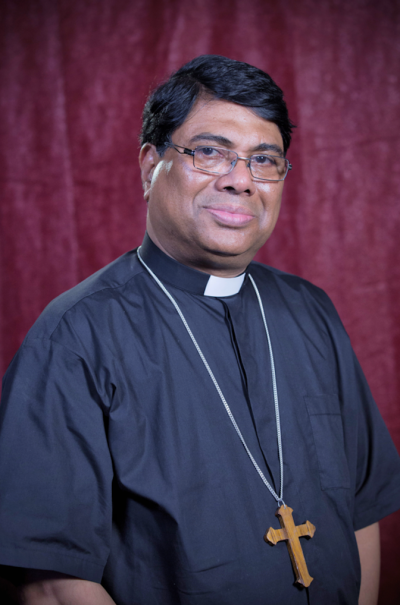Why I Won't Join the Protests Against India Prime Minister Modi

As a Christian leader from India many in Washington, D.C. might expect me to be critical of our Prime Minister Narendra Modi.
As a known international human rights activist, some have even asked me to join their protest against his planned address to the U.S. Congress this week, or to raise my voice with them against the United States hosting any kind of visit at all by the leader of one of the world's most populated and powerful countries.
Yet, in actuality, I find Prime Minister Modi to be a breathe of fresh air from a segment of Indian society and politics that has previously been far more hostile toward Christians and other minority communities.
While I have concerns about the activities against Christians by some fringe, extremists groups in India, I certainly can commend the Modi government when they've made progress for all Indians, including members of the 4,000 churches I'm responsible for.
The truth is that while Prime Minister Modi's tenure is not without error, he is leading our country well, and has made exceptional strides in reducing corruption, strengthening the relationship between the United States and India, and he has provided opportunities for religious minorities to address our concerns directly to his office.
It's easy for global leaders to zero in on what India has done imperfectly, and there are plenty of examples one could emphasize.
Some of this became especially apparent in a recent Senate Foreign Relations hearing where the Deputy Secretary of State for South Asia was quizzed aggressively about India's human rights record.
Such conversations are important, and they can also be a terrible distraction to progress. For it is sometimes far more constructive to discuss what is getting better than lingering on what isn't yet working.
Almost no one, for instance, has paid attention to such notable human rights successes under Prime Minister Modi as the Anti-Human Trafficking Law recently drafted by India's Ministry of Women and Child Development, or what of Modi's successful efforts at reducing corruption in India's ruling class or the decisions he has taken that have improved the business climate in India helping scores out of poverty?
There remains much progress to be made on the three main systemic issues that India faces: corruption, caste and communal discrimination, and poverty. The Prime Minister's legacy will largely be contingent upon the progress he continues to make on each of these areas, but he's off to a very good start. He has stated that these issues will be his priority, and he's promised to also bring along all Indians with him, not just those of his Hindu culture and religion.
With regard to caste, Prime Minister Modi often speaks of his own poor and low-caste lineage, and his ascension to power presents a symbol of defiance against the old way of India and it inspires a vision of a caste-free nation.
With regard to our Christian community, which traces its own lineage to the Apostle Thomas' preaching in India 2,000 years ago, the Prime Minister has promised to act whenever Christians are attacked, and he has offered a direct, emergency line of communication to his office through the Home Minister, when it is needed.
Unfortunately, we have — on occasion — had to exercise this new option, and on each occasion we've found the authorities to be responsive and helpful.
There are myriad other examples of progress, and I choose to dwell on those examples as a hopeful vision of what India can become — will become. I won't waste time rehashing all of our nation's mistakes when there's so much opportunity to replace them with new stories, good stories.
My hope is that this week's visit of Prime Minister Modi to the United States will continue to strengthen the relationship between our two countries.
I also hope the focus will be on what's progressing in India, and not on the distractions of India's struggle.
It's not easy to move a billion people who are beautiful and complex in their religious and cultural diversity, confused by their hundreds of languages and dialects, and enthusiastic about their unruly democracy.
What's more important than what one gets wrong is what one is getting right.
India is getting more and more right these days.





















